Viktor Frankl
Of everyone we’ve covered through out this class I think I agree most with Frankl. He leaves so many things open to the individual while still allowing room for humanity as a whole. In classifying his theories I chose to categorize Frankl under the restoration. His high view of Free Will coupled with his beliefs concerning Destiny are so thought provoking to me. I love the idea that while we have an ultimate destiny that is our task alone, it is our free will that allows us to choose how we handle our destiny. I think this agrees greatly with our Christian beliefs that God has a path he has set before us, but it is up to us to act according to his will.
I also really like what Frankl has to say about Good and Evil. I think the idea that the rift between the two is present in all humans agrees with scripture as we are fighting a constant battle of the flesh. I think this also goes great with his ideas regarding Self-transcendence. I totally agree with him that we can’t have self actualization without looking outside of ourselves. If you only look within you will always have a torn world caused by the presence of good and evil, but if you look outside of your tiny world and see the whole picture you can find yourself in Christ.

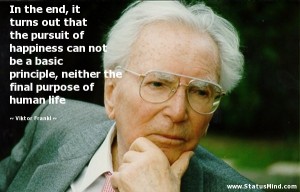
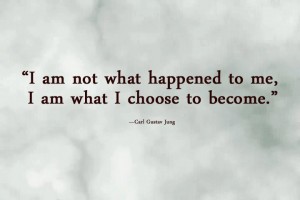
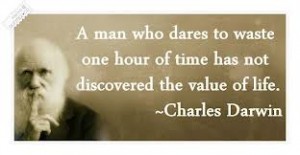


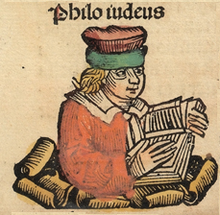
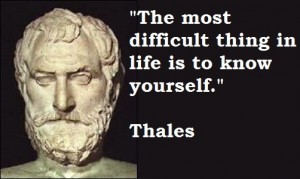
Meredith Thornton on Kierkegaard: Creation or Redemption?
4:57 pm, 10.06.13
Denysha I like the way you thought this out in your post. I like how you acknowledged that existentialism can go under creationism while Kierkegaard himself fits better under redemption which a definitely agree with. I also like that you gave him credit for how bold he was in such a time and recognized how this logic makes sense.
Meredith Thornton on Kierkegaard's Redemption
4:51 pm, 10.06.13
Matt I love this point of view regarding Kierkegaard. I like the way you categorized him based on his life arc instead of just his beliefs at one certain point. The way you explain his beliefs about our relationship with God and the way he explained existentialism in a way that it agreed with faith is great. Considering all of this I totally agree with you categorizing Kierkegaard under redemption.
Meredith Thornton on Thomas Aquinas- Redemption
9:21 pm, 09.22.13
Matt! I was seriously going to write about St. Thomas Aquinas as well and then I saw your post and decided not to. I love the point of view you took and totally agree with your assessment and would have put him in the category of Redemption as well.
Meredith Thornton on Luther and the Fall
9:17 pm, 09.22.13
Wow Hillary, I’m kind of with Jess on this. I really liked your post, and I’d never really thought of Luther from this angle before. I love the way you drew your connections, I can completely understand your thought process.
Meredith Thornton on Francisco Petrarch
9:13 pm, 09.22.13
Not gonna lie, I got a little lost in the second paragraph a little, but I found my back in the third. I really like what you said about his skepticism being applied to psychological thought processes and the questions that can lead us to ask.
Meredith Thornton on Reminiscence Theory of Knowledge
2:07 pm, 09.07.13
I love the way you acknowledged how Plato can be aligned with all four of the stages of the biblical narrative and your focus on his reminiscence theory of knowledge. The questions you pose at the end of your post are very interesting and cause me to find myself absorbed in thought and reflection. I have often struggled with wondering if in thought I actually find knowledge or am I just making stuff up in my head because I don’t like the uncertainty of not knowing.
Meredith Thornton on Hippocrates: overcoming the fall
1:58 pm, 09.07.13
I hadn’t thought of Hippocrates in this way before Zach, but I think it’s a very interesting approach. Breaking down his views of how the body stays healthy and recovers from sickness makes a compelling argument for his views to be associated with the last three stages of the theologic narrative as you have presented them.
Meredith Thornton on Plato's Allegory and Redemption
1:48 pm, 09.07.13
I really love this view point Angela. Especially with the video from class in my mind I can visualize trying to tell a friend lost in sin about Christ and his unconditional love and being completely misunderstood because the world of the cave distorts everything. Thinking of the allegory in this way seriously makes my heart happy! I just love the imagery of an unknowing slave to sin and then the new world of freedom in Christ.